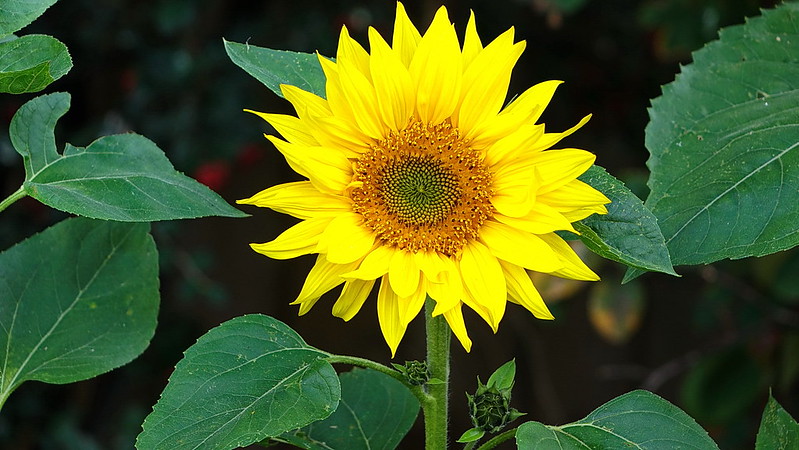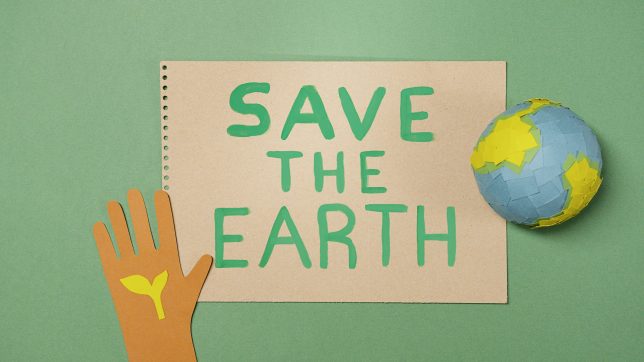
Sunflower by r44flyer on flickr.
The 11 Days of Global Unity occurs annually from September 11 to 21. It’s a global platform connecting local awareness and action initiatives into a powerful international movement. The event spotlights 11 Campaigns for Change, which are:
- Unity
- Interdependence
- Environment
- Economic Justice
- Health & Wellness
- Children & Youth
- Women
- Human Rights
- Freedom
- Disarmament
- Peace
- Sustainability
These campaigns aim to foster values and actions necessary for global peace and a harmonious world. Participants are encouraged to attend local events, join campaigns, volunteer, or make personal commitments toward these initiatives.
One of their standout campaigns is the Environment initiative on September 13th, focused on combating climate emergencies. Key points of this campaign involve promoting investment in clean energy, conserving ecosystems, ensuring access to clean water, reducing pollution, addressing the climate crisis, and supporting sustainable agriculture.
A Journey from Fear to Hope
Originating from the UN’s International Day of Peace which, in 2001, coincided with the 9/11 tragedy, the date was permanently set to September 21st in 2002. By 2004, “We, The World” organization extended the celebration to span 11 days, marking a journey from the fear of September 11 to the hope of September 21. Notable speakers who have been part of their events include Archbishop Desmond Tutu, Jane Goodall, Deepak Chopra, among others.
Values and Guiding Principles
Values and guiding principles of the organization include recognizing the interdependence between personal and global spheres, practicing nonviolence, understanding that healing the planet leads to individual healing, and integrating principles like idealism, compassion, and collaboration into daily life.
Rick Ulfik, the founder of “We, The World,” has been a prominent figure in media and has co-produced various TV series and events. His organization’s mission revolves around promoting global change and understanding the interdependence between individuals and the environment. Emphasizing a shift from “I” to “WE”, they aim to foster a culture where collective well-being is prioritized.

The events can be viewed live on Zoom and Facebook.

